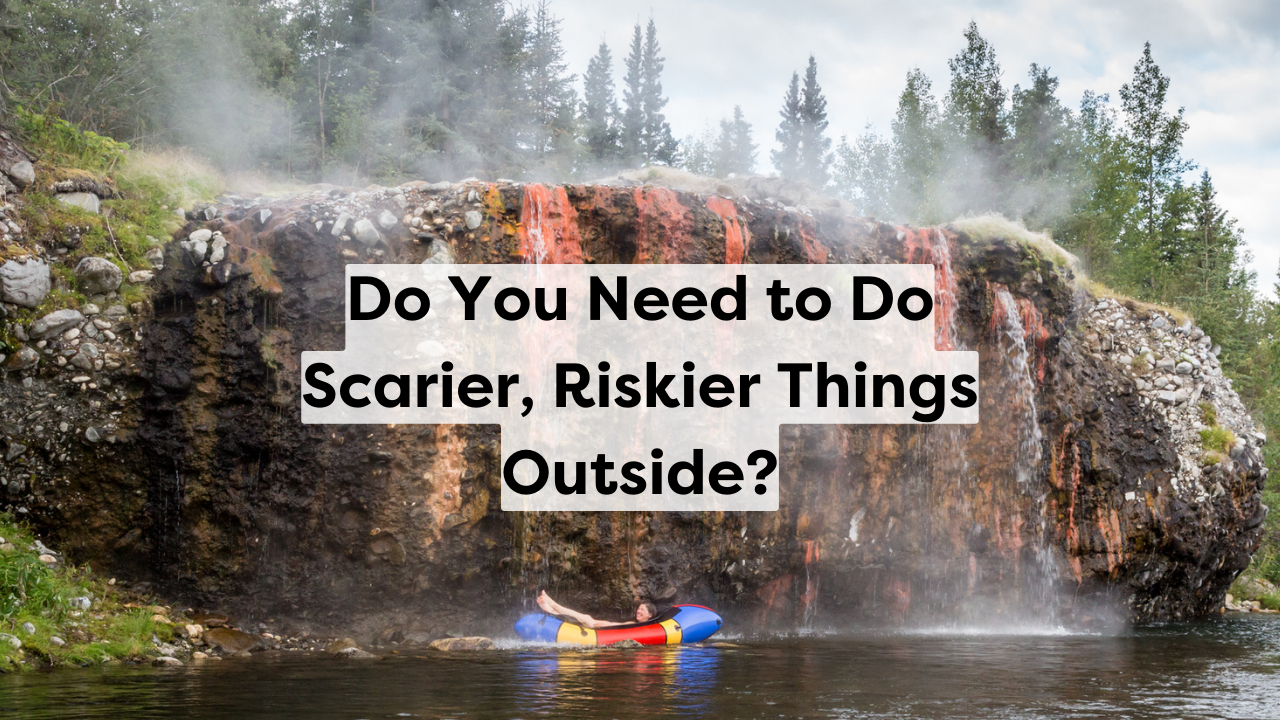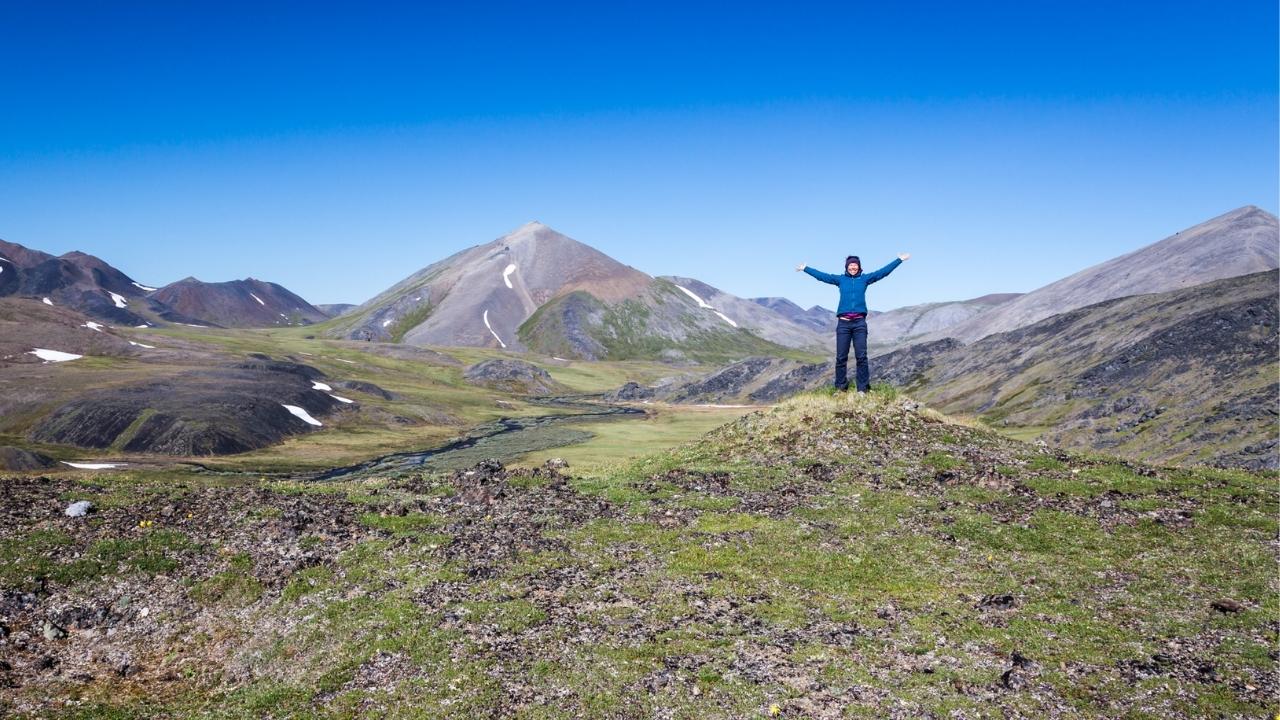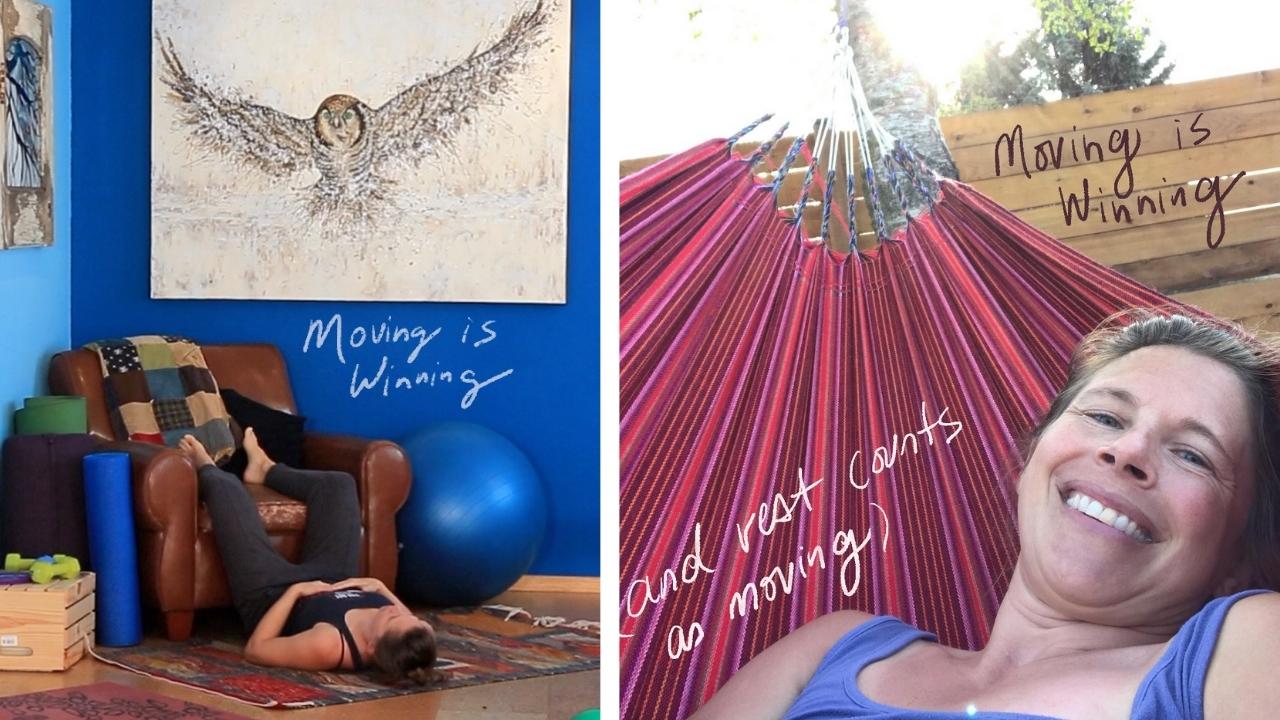Do You Need to Do Scarier, Riskier Things Outside?

Navigating Personal Growth & Social Validation in Outdoor Recreation
Venturing into the world of outdoor recreation is an absolute thrill! There's something incredibly exciting about the process of learning and growing along the way. As we dive deeper into our favorite outdoor sports and become more connected with the outdoor-rec community, it's pretty common to feel the weight of social expectations creeping in.
Sometimes, we can't help but feel the urge to fit in and be embraced by our outdoorsy friends. We might feel the need to up our climbing game, tackle those intimidating double black ski runs, or plan bigger, badder, riskier adventures to earn our place. And it’s totally normal to feel that pressure! We’re social creatures, and fitting in with the group has real safety implications, especially for folks with marginalized identities.
It's really helpful to be mindful of how all these pressures can affect us when we're having fun outside. We want to enjoy the great outdoors without feeling overwhelmed, right? And we also want to prevent burning ourselves out or making regrettable choices. So, let's talk about this whole culture of doing scary things outside, and then we'll share some practical tools to help you make the most of YOUR time outdoors, in a way that truly serves YOU.
Okay, let’s dive in!

Why Do We Feel Pressured to Do Scary Things Outside?
The Roots of Bro Culture
Outdoor-rec culture is dominated by white, able-bodied, male narratives. The result is an ego-driven culture that values risk, adrenaline, and numbers above almost all else. At Mind & Mountain we call this “bro culture”.
Bro culture believes in “no pain, no gain”. It says that relationship and reciprocity with nature don’t matter, taking from nature is what we should be doing. It even says that achievements that have a high risk to your safety are no big deal, and are maybe even a badge of honor.
This concept of dominating and conquering the natural world comes directly from a patriarchal colonizer mentality. It centers able-bodied individuals, devaluing the experience of the disability community and their relationships to the outdoors.
When this is the narrative that’s normalized, of course we feel like our experiences are only worthy of celebration if they fit into this narrow, rigid view of outdoor recreation. Of course we feel that in order to be “good enough”, we need to push harder and do scarier things.
We can get sucked into a value system that’s so normalized, sometimes we don’t even realize it’s happening.

What Happens When Bro Culture Takes Over
The pressure to measure up can hit much harder for those with marginalized identities. Because of institutionalized bias, the idea of keeping up is a really familiar and painful narrative to many of us. Our own individual trauma histories can also contribute, heating up the pressure even more. The result can be a tornado of criticism and stress from both ourselves and others on the “right” way to approach our outdoor time. As humans, we're wired to seek social connection and belonging. It's not just about fitting in; it goes way back to our hunter-gatherer ancestors. Back then, keeping up with the group was vital for survival! So, it's no wonder we still feel the urge to keep up with our outdoorsy friends. Our need for social validation isn't just about popularity; it's deeply rooted in our survival instincts.
One of the problems with the pressure of bro culture is how easily it can lead to burnout. No matter how many incredible things we do, there’s always something more to be done. It’s never enough, and the bar just keeps getting higher.
Consistently overloading our system is not a sustainable way to train. Physically, doing too much too fast can lead to more injuries and safety risks. Emotionally and mentally, overloading our nervous system can lead to poor decision-making and steal our joy. When we’re overloaded, we go into survival mode, shutting off our ability to learn and grow.
In other words, when the pressure to do scarier things gets to us, it can really suck all the fun out of it.
So how do we step out of the bro culture cycle and recenter what’s important to us in our outdoor pursuits?
 Reflecting and Resetting: Finding Balance in the Outdoors
Reflecting and Resetting: Finding Balance in the Outdoors
Words Matter: Reflecting Our Outdoor Values in Our Language
Have you ever noticed that most of the language around outdoor sport invokes war, violence, and domination? When you think of it that way, it’s not hard to see how a war mentality makes us think about our adventures as conquests where we always need another “win”.
This behavior is so normalized that it can be subtle–we may not even notice it happening. See if you can pause and notice the moments you can shift your language to something that feels more aligned with your goals and values outdoors. It’s a practice to unlearn the ableism and judgment that’s so common around us.
It’s Okay to Do Easy Things Outside!
Here’s a little secret: expert-level challenges are not morally superior to walks around the block & micro-adventures! You don’t ever have to ski double blacks or do a thru-hike if you don’t want to. Give yourself lots of room to be a beginner outdoors, no matter how long that is. Celebrate the sheer joy of being outside and the playfulness you feel there. Let go of the perfectionism that you “need” to be an expert.
No matter how much experience you get in the outdoors, you don’t need to make harder things a goal! It’s okay to follow your own path and to seek out communities that welcome and celebrate your goals.

Nervous System-Aligned Strategies for Better Adventures
Sustainable growth and fun adventures always come back to the nervous system. It’s so important to tune into our nervous system’s capacity during our adventures. Sometimes less is more, and that’s okay.
To have the most fun and exercise good judgment, we want to stay within our window of tolerance. That doesn’t mean we don’t challenge ourselves, it just means we’re extra mindful of how much challenge we’re adding at a time, instead of biting off more than we can chew.
One of the ways we do this is through something called titration. This concept draws from both chemistry and trauma theory, and tells us that we need to increase the level of challenge through one baby step at a time. Taking small steps instead of big ones prevents us from flooding our nervous systems, shutting down, and having bad experiences outside. Right-sized challenges allow us to stretch our window of tolerance without overloading it & overwhelming our system, leading to more fear & apprehension. Allowing for titrated intensity and breaks between challenge can go a long way to help us be available for growth and joy.

Honoring our own nervous system’s capacity not only makes for better adventures, it also helps us support others in the outdoors, too. Building the skills to be supportive and accepting of all abilities helps build more inclusive, welcoming communities.
We introduce and dive in deep about these strategies and more in all of our online fitness programs here at Mind & Mountain. If you’re ready to leave behind the pressure of bro culture while building physical AND mental strength, learn more about our programs and join our community right here.

